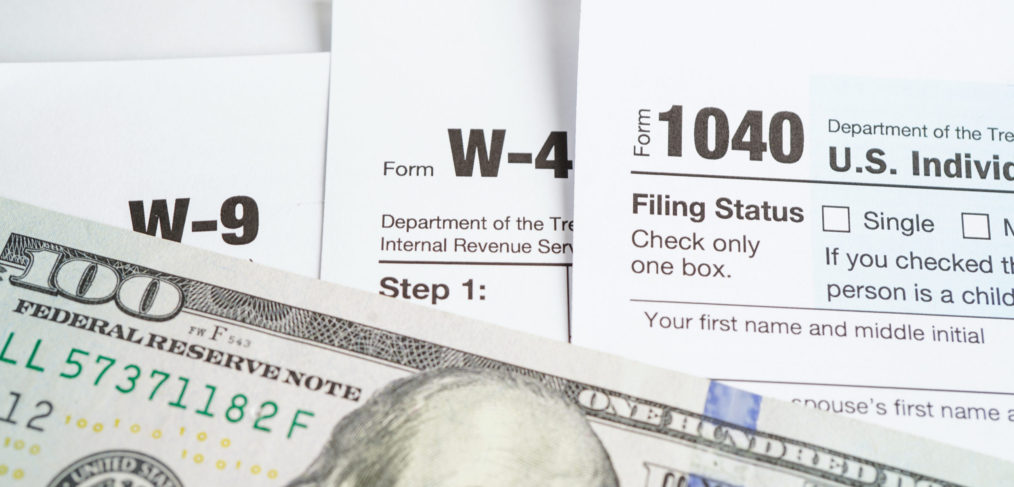If you don’t have money to pay what you owe the IRS, you have a few options to work with. Whatever you do, don’t ignore the letters from the IRS and don’t let your back tax problem go unattended. The IRS has a great deal of power when it comes to recovering money they think is theirs.
When you owe the IRS money, they can garnish your wages, levy your bank accounts, put a lien on your home and seize other assets. Here’s a link to their website to see how they collect, Topic No. 201 The Collection Process | Internal Revenue Service (irs.gov)
Here’s what you can do if you find yourself not being able to pay your taxes. Note, we always recommend getting in touch with a tax resolution professional to help avoid the harsh penalties and interest that accrued on your back taxes. It’s far easier to navigate towards tax resolution, if you have a professional working on your behalf. If you’d like to schedule a no-cost confidential tax relief consultation, contact us here.
First, make sure that you file your returns
Even if you have no hope of being able to pay your taxes, you must at least file your income tax returns. Whatever the penalties are for not paying your taxes, the penalties for not filing are much larger and non-filers can be subject to a criminal investigation. . The IRS will remove penalties for not filing and not paying but you have to have a good reason. We can request to have your penalties removed or reduced. It’s also important to remember that when you file for an extension, it only gives you more time to file. Your payment date remains unchanged.
Revisit your W-4 withholdings
If your employer withholds money from your salary to pay your taxes with, you shouldn’t have to worry about paying anything extra from that income source. If you do owe more, it’s a sign that your withholding exemptions are incorrectly reported on your W-4 form. To make sure that you don’t get into tax trouble repeatedly, you should make sure your W-4 form is correct and get advice from a tax professional about the kind of withholdings necessary for exemptions.
Make a partial payment
If you can’t afford to pay all that you owe, you should pay whatever you can. While you will still be hit with interest and penalty charges, they will be smaller than they would be if you paid nothing. These charges are proportional to what you owe the IRS.
Try to work with the IRS
If you can’t pay, there are resolution options available to you if you qualify for them. They include a payment plan or an offer in compromise to name a few. You need to first step up and admit to your inability to pay, though.
An offer in compromise is an agreement between the IRS and the taxpayer that allows the taxpayer to settle their debt for less than the amount owed. Sometimes, for a fraction of the amount owed. There are strict eligibility requirements and you should consult with a tax resolution specialist first.
An installment agreement, aka payment plan, is an agreement between the IRS and the taxpayer that permits the taxpayer to pay back their debt over time, generally in 60-72 months. Depending upon the amount owed, and ability to make monthly payments, determines the type of installment agreement the IRS will allow, as there are several variations of these payment plans. An experienced tax resolution specialist will guide you through the maze and myriad of these different options.
Contact Us Today
If you need an expert tax resolution provider who knows how to navigate the IRS maze, call us today at 1.888.4TAXREZ or use our contact form, and we’ll schedule a no-obligation confidential consultation to explain your options to permanently resolve your tax problem.






